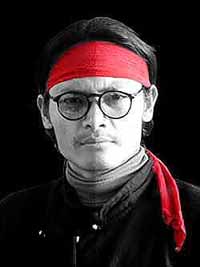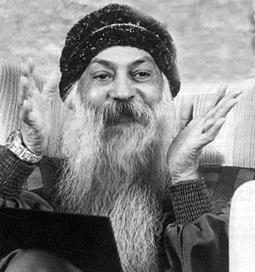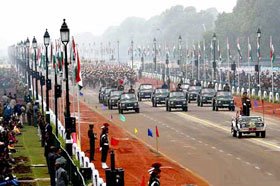 Tenzin Tsundue
Tenzin Tsundue, the restless young man is the voice of a community in exile, Tibetans. Go through his essays and poems to know how a Tibetan feels.
"The Tibetan freedom struggle in exile has been more symbolic than confrontational. in the past 40 years from outside Tibet, all we have achieved is presenting the real Tibet to the world - as a country where real people of flesh and blood, with the same ability to feel pain and anger, live. We have been able to demystify Tibet from the cliched idea of a land of lamas who walk two inches off the ground. But the freedom struggle seems to have stopped growing from the zenith of sympathy we reached when His Holiness the Dalai Lama received the Nobel Peace Prize for peace in 1989.
I hear that in Tibet it is difficult to find trustworthy friends. Every other person may be a spy for the Chinese. They whisk away freedom fighters in the dark of night and their dead bodies resurface in the outskirts of the town. Tibetans are a minority in their country. Tibet reels under a cloud of terror and oppression."
A PERSONAL RECONNAISSANCE
From Ladakh
Tibet is just a gaze away.
They said:
from that black knoll
at Dumtse, it's Tibet.
For the first time, I saw
my country Tibet.
In a hurried hidden trip,
I was there, at the mound.
I sniffed the soil,
scratched the ground,
listened to the dry wind
and the wild old cranes.
I didn't see the border,
I swear there wasn't anything
different, there.
I didn't know,
if I was there or here.
I didn't know,
if I was here or there.
They say the kyangs
come here every winter.
They say the kyangs
go there every summer.
TIBETANNESS
Thirty-nine years in exile.
Yet no nation supports us.
Not a single bloody nation!
We are refugees here.
People of a lost country.
Citizen to no nation.
Tibetans: the world's sympathy stock.
Serene monks and bubbly traditionalists;
one lakh and several thousand odd,
nicely mixed, steeped
in various assimilating cultural hegemonies.
At every check-post and office,
I am an "Indian-Tibetan".
My Registration Certificate,
I renew every year, with a salaam.
A foreigner born in India.
I am more of an Indian.
Except for my Chinky Tibetan face.
"Nepali?" "Thai?" "Japanese?"
"Chinese?" "Naga?" "Manipuri?"
but never the question – "Tibetan?"
I am Tibetan.
But I am not from Tibet.
Never been there.
Yet I dream
of dying there.
BETRAYAL
My father died
defending our home,
our village, our country.
I too wanted to fight.
But we are Buddhist.
People say we should be
Peaceful and Non-Violent.
So I forgive our enemy.
But sometimes I feel
I betrayed my father.
 Google AdSense got it all wrong. My blog has nothing to do with Hinduism or Yagnas or Homams or Poojas. May be my post Aryan Invasion: History or Politics? foxed them. Hmmm... they need to work more on their algorithm.
Google AdSense got it all wrong. My blog has nothing to do with Hinduism or Yagnas or Homams or Poojas. May be my post Aryan Invasion: History or Politics? foxed them. Hmmm... they need to work more on their algorithm.












